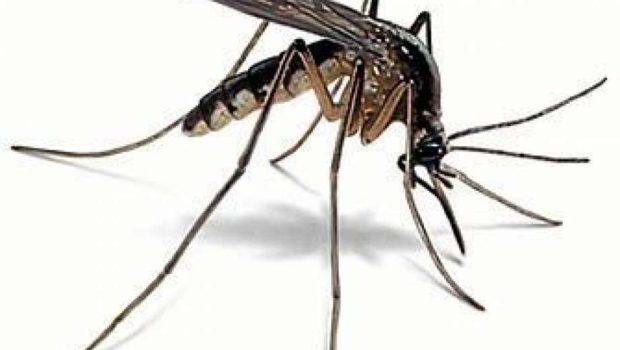Worcester – The City of Worcester Department of Public Health has coordinated with the Central Massachusetts Mosquito Control Project (CMMCP) to spray an area of concern in response to last week’s detection of West Nile Virus in mosquitoes collected in Worcester.
The Massachusetts Department of Public Health notified city officials on July 5 that West Nile Virus was detected in mosquitoes collected from both Worcester and Auburn. No human cases of West Nile have been reported to date.
The CMMCP will only spray in the designated area (see map) on Thursday, July 12 after sunset, up until midnight.
Residents within this area should follow these spray precautions:
— Please close street facing windows and keep pets inside between sunset and midnight if possible to allow a more thorough application. This type of pesticide is similar to ones used for flea and tick control.
— Remain inside during the application and for 15-20 minutes afterwards.
— Accidental exposure is not expected to cause any health concerns in most people.
— No precautions are needed the day after the application as all residues will have evaporated.
— Residents with gardens are advised to wash off vegetables before consuming them.
— There is no need to cover pools as the spray is an oil-based product and will dissipate quickly.
— Any “outside air” controls on older window unit air conditioners should be turned off.
Residents have the ability to opt out of spraying in front of their property by visiting www.mass.gov/how-to/how-to-request-exclusion-from-wide-area-pesticides-application. Those wishing to opt out of the spraying program should do so at the provided link as soon as possible to ensure they are excluded.
A fact sheet on ground spraying of mosquitoes for West Nile Virus is available here: www.mass.gov/service-details/mosquito-control-and-spraying.
West Nile is most commonly transmitted to humans by the bite of a mosquito infected with the virus. While West Nile can infect people of all ages, people over the age of 50 are at higher risk for severe infection.
In May 2018, the City of Worcester entered into a partnership with the Central Massachusetts Mosquito Control Project (CMMCP) to offer comprehensive mosquito control services and programs throughout the City this summer.
Together with the City of Worcester’s Division of Public Health and the Department of Inspectional Services, CMMCP will provide education about mosquito biology and personal protection, mosquito surveillance, ditch maintenance, research, tire recycling, beaver control, water mitigation and mosquito spraying. CMMCP staff will evaluate locations for trapping and testing in addition to working with the Department of Public Works & Parks on mitigating mosquito breeding areas in catch basins.
Tips for Avoiding Mosquito Bites
Be Aware of Peak Mosquito Hours – The hours from dusk to dawn are peak biting times for many mosquitoes. Consider rescheduling outdoor activities that occur during evening or early morning. Otherwise, take extra care to use repellent and protective clothing.
Clothing Can Helpreduce mosquito bites. Although it may be difficult to do when it’s hot, wearing long-sleeves, long pants and socks when outdoors will help keep mosquitoes away from your skin.
Apply Insect Repellentwhen you go outdoors. Use a repellent with DEET (N, N-diethyl-m-toluamide), permethrin, picaridin (KBR 3023), IR3535 or oil of lemon eucalyptus [p-methane 3, 8-diol (PMD)] according to the instructions on the product label. DEET products should not be used on infants under two months of age and should be used in concentrations of 30 percent or less on older children. Oil of lemon eucalyptus should not be used on children under three years of age. Permethrin products are intended for use on items such as clothing, shoes, bed nets and camping gear and should not be applied to skin.
Mosquito-Proof Your Home
Drain Standing Water– Mosquitoes lay their eggs in standing water. Limit the number of places around your home for mosquitoes to breed by either draining or getting rid of items that hold water. Check rain gutters and drains. Empty any unused flowerpots and wading pools, and change water in birdbaths frequently. All property should be maintained to prohibit the formation of stagnant pools of water, which may affect adversely the public health by attracting and harboring mosquitoes and other insects. Properties with these conditions can be reported to the Department of Inspectional Services via the City’s customer service center at 508-929-1300.
Install or Repair Screens– Some mosquitoes like to come indoors. Keep them outside by having tightly-fitting screens on all of your windows and doors.
Information about West Nile Virus and reports of activity in Massachusetts can be found on the MDPH website at http://www.mass.gov/mosquito-borne-diseases.






